Why Nursing Volunteers Are Important
Nurses play a vital role in improving healthcare worldwide, especially in areas where resources are limited. Their unique combination of medical expertise, problem-solving skills, and ability to connect with people on a personal level makes them essential in addressing global health challenges. For many underserved communities, nursing volunteers are a critical part of closing the healthcare gap.
The Role of Nurses in Global Health Challenges
Global health faces complex challenges, including infectious disease outbreaks, chronic illnesses, and a lack of access to basic care. Nurses are often at the forefront of these efforts, providing not only direct patient care but also education, prevention strategies, and emotional support. Their ability to adapt to different settings, from rural clinics to emergency disaster zones, makes them indispensable in tackling these challenges effectively.
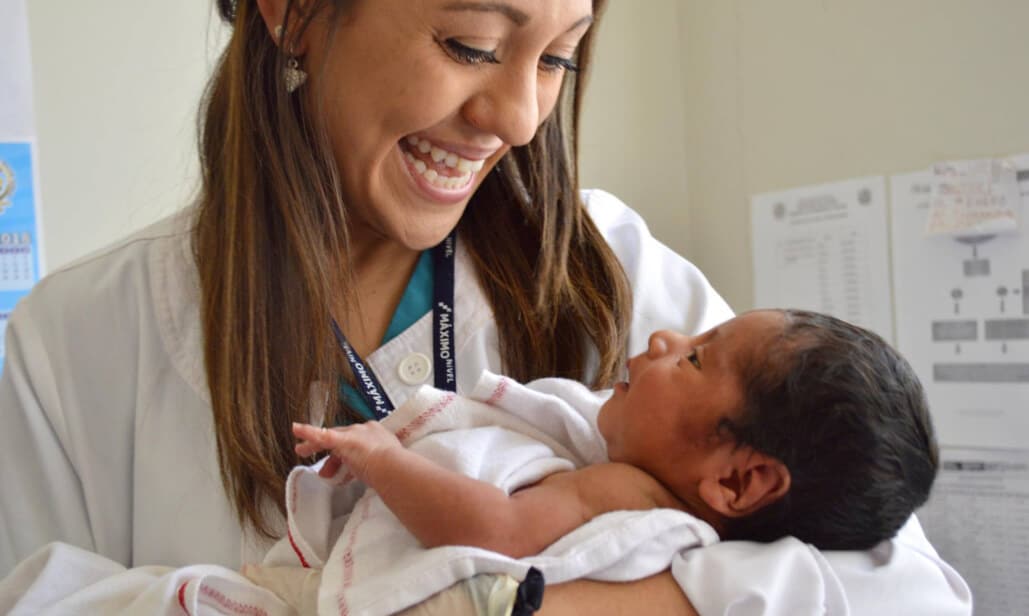
How Volunteering Nurses Can Help Underserved Communities
In underserved communities, access to healthcare can be limited or entirely unavailable. Volunteering nurses bring much-needed skills to these areas, offering services like wound care, vaccinations, prenatal support, and health education. Beyond clinical care, they help build trust within communities, often working alongside local healthcare workers to strengthen long-term systems. By volunteering, nurses not only provide immediate relief but also contribute to sustainable improvements in healthcare delivery.
Who Can Volunteer?
Volunteering as a nurse abroad is an option for many nursing professionals, but it’s important to assess your skills, qualifications, and readiness before taking the step. Whether you’re a seasoned nurse, a recent graduate, or someone with specialized expertise, there are opportunities that match a variety of skill levels and areas of focus. The key is understanding what is required and how your unique abilities can make a difference.
Skills and Qualifications Needed
To volunteer as a nurse, you typically need an active nursing license and some professional experience, although requirements can vary depending on the program and destination. Key skills include adaptability, strong communication abilities, and cultural sensitivity. Being comfortable working in environments with limited resources is also crucial. While some programs may welcome newly qualified nurses or nursing students, others may require expertise in specific fields, so it’s important to review the expectations of each opportunity.
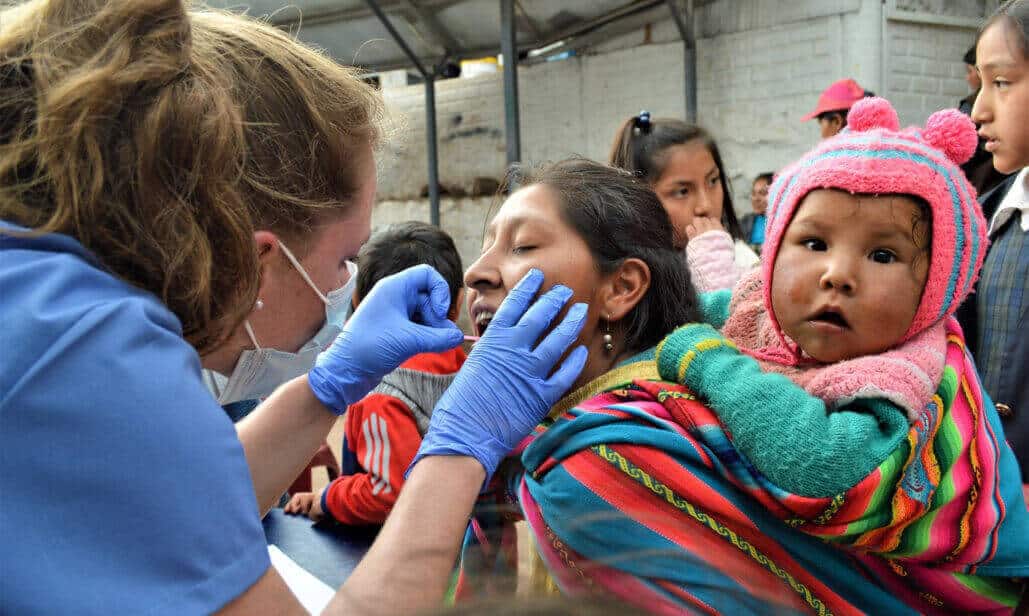
Nursing Specialties in Demand
Certain nursing specialties are particularly in demand in volunteer settings. These often include:
- Emergency and Critical Care Nurses: Skilled in responding to urgent medical needs in disaster zones or resource-limited hospitals.
- Maternal and Child Health Nurses: Focused on prenatal care, safe deliveries, and infant health, particularly in regions with high maternal and child mortality rates.
- Public Health Nurses: Experienced in health education, vaccination campaigns, and community outreach programs.
- Infectious Disease Nurses: Knowledgeable in managing illnesses like malaria, tuberculosis, and HIV/AIDS in areas with high prevalence.
Even if your specialty isn’t listed, your skills as a nurse are likely valuable. Many volunteer programs also provide training to ensure you’re prepared for the specific needs of the community you’ll serve.
Where Nurses Can Make a Difference
Nurses have the ability to make an impact wherever healthcare is limited, but understanding the specific needs of different regions helps focus efforts effectively. From rural health posts to urban clinics, the opportunities to contribute are vast and varied.
Places in Greatest Need
Areas with the greatest need for nursing volunteers often include regions with limited healthcare infrastructure, such as parts of sub-Saharan Africa, Southeast Asia, and Central and South America. These areas may face challenges like shortages of medical staff, inadequate supplies, and high rates of preventable diseases. Additionally, locations impacted by crises—such as natural disasters, conflict, or outbreaks—rely on nursing volunteers to address immediate and critical health issues. By focusing on these areas, volunteers can provide essential care and support where it’s most urgently needed.
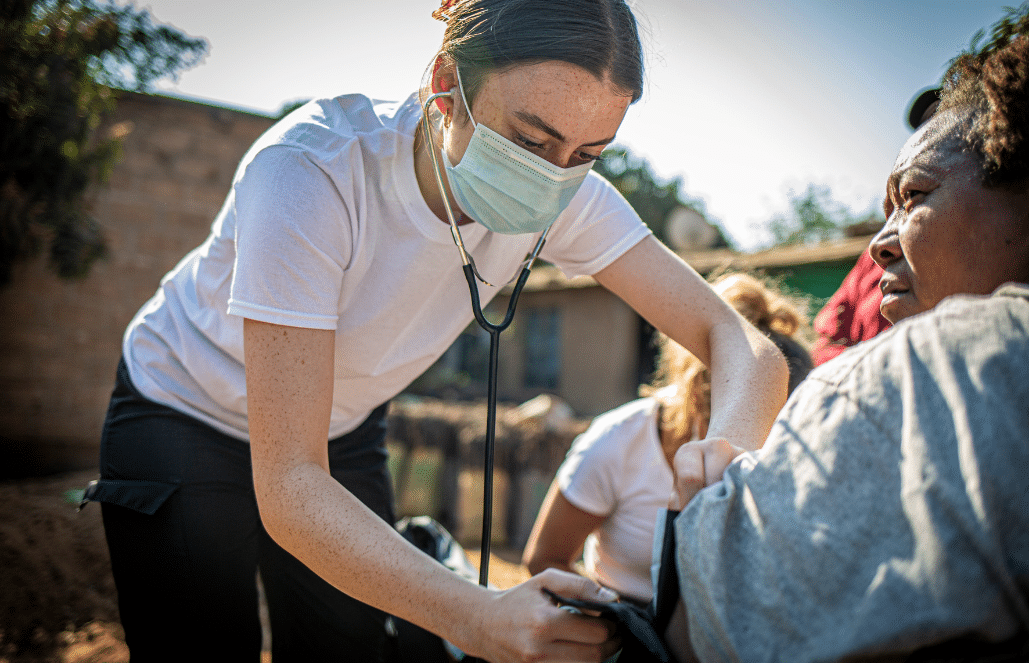
Choosing a Destination That Suits You
Selecting the right destination for your volunteer work involves balancing your skills, interests, and comfort level. Start by identifying causes you’re passionate about, whether it’s maternal health, infectious disease prevention, or community education. Researching the cultural, linguistic, and logistical aspects of potential locations will also help ensure a positive experience. Think about factors such as the healthcare setting, the resources available, and your ability to adapt to the local environment. Choosing a destination that aligns with your abilities and goals will allow you to contribute effectively and gain valuable insights in return.
What Does Nursing Volunteer Work Involve?
Nursing volunteer work can vary widely depending on the community’s needs and the volunteer’s skills. The work often combines clinical care, education, and mentorship, providing a holistic approach to improving healthcare in underserved areas.
Clinical Roles and Responsibilities
As a nursing volunteer, clinical duties may include tasks such as providing basic medical care, assisting in surgeries, administering vaccinations, and treating common illnesses or injuries. Volunteers often work alongside local healthcare staff, supporting them in handling patient loads and filling gaps where resources are limited. Flexibility and adaptability are key, as you may encounter situations that differ significantly from your usual practice.
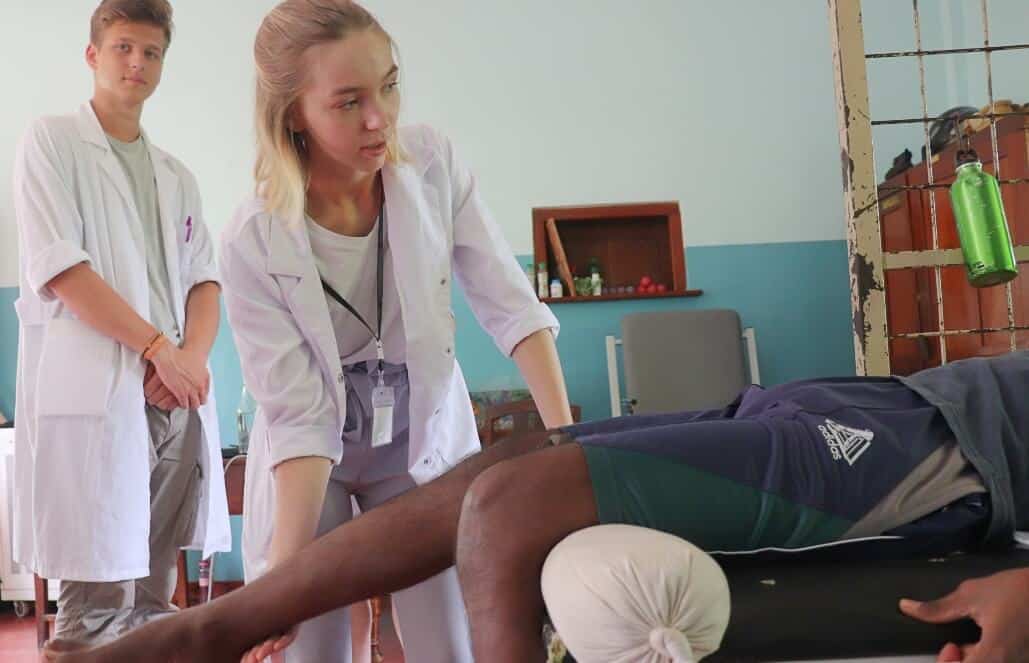
Supporting Communities Through Health Education
Beyond clinical care, nursing volunteers often play a role in educating communities about health and wellness. This might involve leading workshops on topics like hygiene, nutrition, disease prevention, or maternal health. By providing accurate and practical information, volunteers empower communities to take proactive steps in improving their overall health. This educational component is especially impactful in preventing future illnesses and fostering healthier lifestyles.
Mentoring Local Healthcare Workers
In many underserved areas, local healthcare workers benefit greatly from mentorship and skill-sharing. Nursing volunteers can provide training on new techniques, share best practices, and support professional development. By building the skills and confidence of local staff, volunteers contribute to a more sustainable healthcare system that continues to thrive long after they leave. This collaboration strengthens the local workforce and ensures long-term benefits for the community.
Why Volunteering Abroad Benefits Nurses
Volunteering abroad as a nurse offers unique opportunities for personal and professional growth. Beyond the immediate impact on the communities served, it allows nurses to expand their skillsets, build global connections, and gain a deeper understanding of healthcare challenges worldwide.
Developing New Skills and Experience
Working in resource-limited settings often requires creativity and adaptability. Volunteers frequently encounter conditions and challenges that differ from their usual practice, such as managing large patient loads or addressing illnesses that are uncommon in their home countries. These experiences help nurses develop problem-solving skills, enhance their clinical knowledge, and grow their confidence in handling diverse situations.
Expanding Your Professional Network Globally
Volunteering abroad connects nurses with healthcare professionals from around the world. Collaborating with local staff, international volunteers, and organizations fosters relationships that can lead to future opportunities and partnerships. Building this global network not only enhances career prospects but also broadens perspectives on how healthcare systems operate in different cultural and economic contexts.
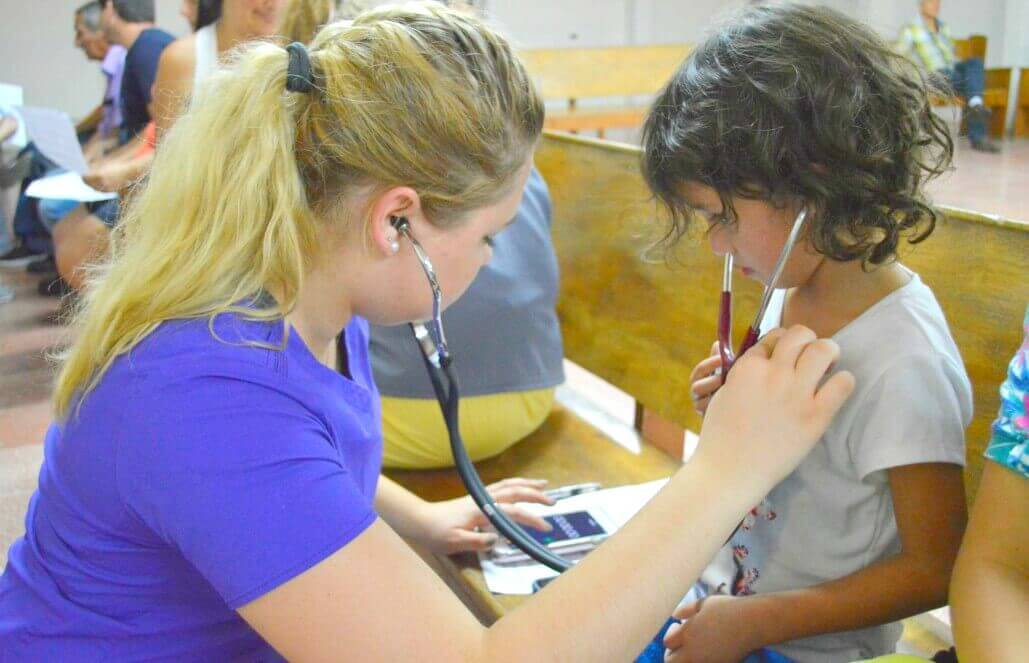
Seeing Healthcare from a Global Perspective
Volunteering provides a unique lens into the challenges and disparities faced by healthcare systems in underserved regions. It deepens understanding of social determinants of health, resource allocation, and the resilience of communities facing systemic challenges. This global perspective can enrich a nurse’s approach to care, making them more empathetic, culturally aware, and effective in diverse environments.
What to Look for in a Nursing Volunteer Program
Choosing the right nursing volunteer program is essential to ensure a positive and impactful experience. By carefully evaluating program details, you can find an opportunity that aligns with your skills, values, and goals.
Program Duration, Commitment, and Flexibility
Volunteer programs vary widely in their duration and the level of commitment they require. Some may last a few weeks, while others span several months or even longer. Consider how much time you can realistically dedicate and look for programs that offer flexibility to accommodate your schedule. Additionally, be clear about the expectations for volunteers, including working hours and specific responsibilities, to ensure they match your availability and capabilities.
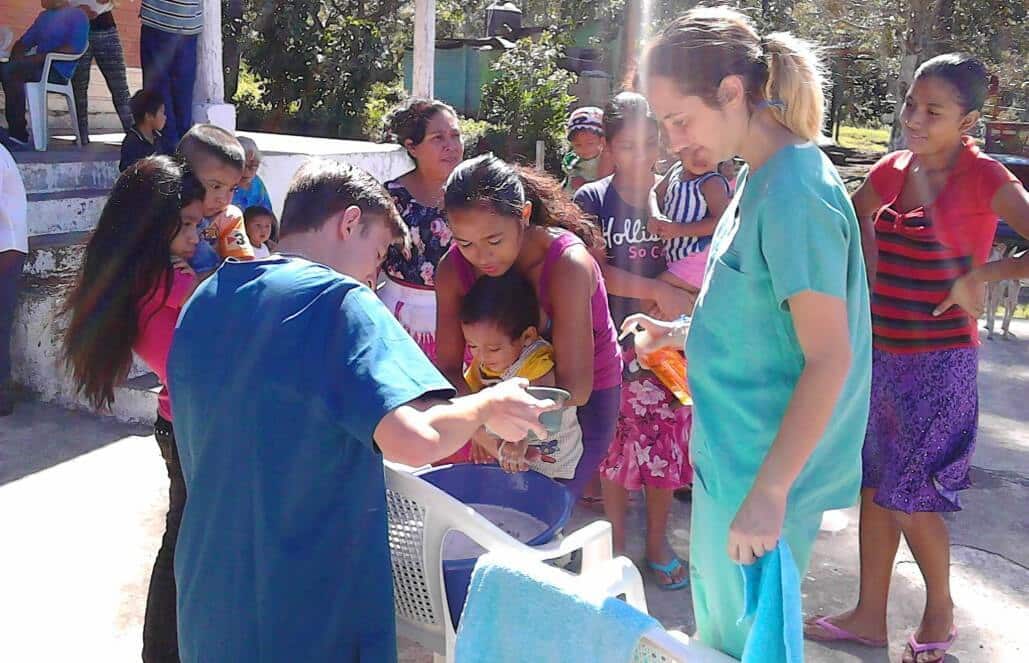
Support, Sustainability, and Ethical Practices
A good volunteer program should provide adequate support for its participants. This includes pre-departure training, on-site orientation, and access to resources such as housing and local transportation. Look for programs that prioritize sustainability by working closely with local communities and focusing on long-term improvements rather than short-term fixes. Ethical practices are also critical—choose programs that respect the culture and autonomy of the communities they serve and avoid creating dependency or undermining local healthcare systems. Evaluating these factors will help you select a program that is both effective and respectful in its approach.







